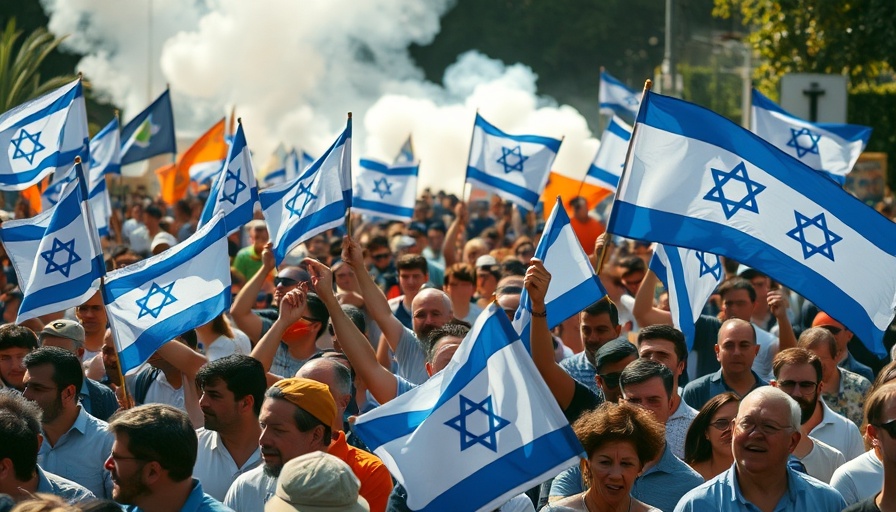
The Urgency of Action: Families Demand Change
A nationwide strike unfolding in Israel has ignited a fresh wave of activism centered on the urgent plight of captives held in Gaza. Families, who have organized this mass action, are calling for a ceasefire and a release deal with Hamas. Schools, businesses, and public transport are coming to a standstill as demonstrators flock to the streets, particularly in Tel Aviv. This movement is not just about expressing frustrations; it is a message aimed directly at the government, particularly Prime Minister Benjamin Netanyahu.
In Families of Israeli captives lead nationwide strike, urging Gaza ceasefire and release deal, the discussion dives into the pressing issue of hostage negotiations and public dissent in Israel.
Many citizens feel a growing sense of anxiety over Netanyahu's military strategy in Gaza. Alan Pinkas, a former Israeli diplomat, emphasizes that the focus of this protest is squarely on hostages, rather than an end to the wider conflict. Participants hope to see their loved ones returned home safely, yet the question remains: will this strike result in sustained pressure on the government?
The Struggle for Sustainability
As Pinkas suggests, the effectiveness of today’s actions relies heavily on their sustainability. If this protest remains a singular event, its impact will be negligible. Continuous demonstrations could create significant political pressure, as citizens’ sentiments converge with international calls for action against Netanyahu’s military operations in Gaza. Thus, the stakes of this one-day action cannot be understated.
Tracing the Path to Ceasefire
The protesters are echoing grievances rooted in a previous agreement with Hamas that allowed for the release of hostages on a weekly basis—a deal that many feel Netanyahu failed to uphold. Echoes of this promise resonate across the streets, where demonstrators are calling for a return to negotiations similar to earlier agreements that united families in hope.
A Collective Call and International Ramifications
What makes this moment unique is not only its local significance but its potential worldwide implications. Allies of Israel—countries like Denmark, Australia, and Britain—are poised to watch how the Israeli government responds. With global leaders beginning to recognize Palestinian statehood, the dynamics around this protest could have ripple effects well beyond Israel’s borders.
The ongoing protests reflect a society grappling with moral, political, and humanitarian concerns. Families are fighting not just for their loved ones but are advocating for a rethinking of current policies and the trajectory of the Israeli state in relation to Gaza.
Conclusion: What Can Be Done?
This vocal uprising is a collective call for accountability. As the world watches, the question lingers—Can sustained activism change the course of negotiations? For families of captives, their next steps could very well shape the future. For those observing from afar, understanding the lessons of this situation is critical. Check in on how similar movements around the globe unfold, and consider how you might apply the lessons from Israel’s ongoing struggle in your own context.
 Add Row
Add Row  Add
Add 




Write A Comment